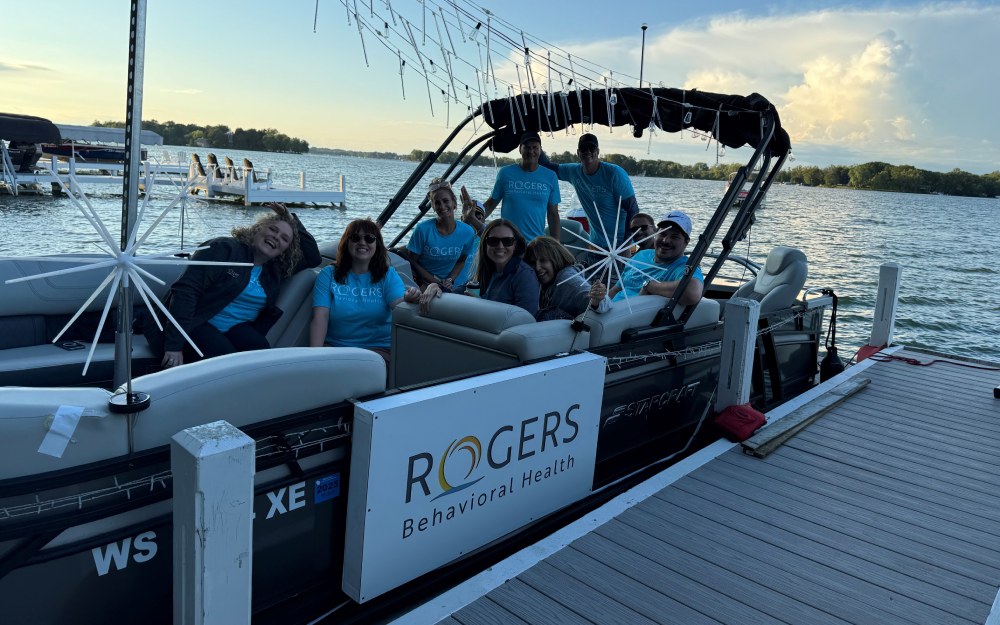
Compassion resilience training improves Rogers’ culture and each other
06/14/21 10:45:amRogers employees are invited to participate in one of two upcoming compassion resilience facilitator trainings.
Held by Rogers InHealth, the first two-part training will take place on Friday, Aug. 6 and Thursday, Aug. 12, followed by another two-part training scheduled for Thursday, Oct. 14 and Thursday, Oct. 21. All sessions are from noon to 4 pm CT and are virtual.
“Compassion resilience is about how we support each other and our team members,” says Emily Jonesberg, training lead with InHealth. “While it does include some individual wellness strategies, a good chunk of our compassion resilience content focuses on work we do at a team and organizational level.”
Open to all employees at Rogers, the trainings teach participants how to become facilitators so that they can, in turn, lead compassion resilience sessions for their teams. Over the last year-and-a-half, 96 employees across the organization have been trained.
Typically, the facilitators conduct eight one-hour sessions for 10 to 15 people at a time. Attendees earn Regulatory Required Continued Education (RRCE) credits and learn various compassion resilience techniques, including how we:
- Set realistic expectations of each other
- Best communicate and set boundaries in a compassionate way
- Support a coworker who is having a hard time
- Have compassion for ourselves when we inevitably make a mistake
- Connect our values to our work
- Identify what is in and out of our control
- Stay in the moment
“It’s important for Rogers to have a culture of compassion, so we can best support each other and allow us to show up as our best selves,” Emily says. “Attending these groups are an opportunity to care for yourself and others and helps the organization remain accountable for maintaining this culture of compassion.”

Brian Kramer, vice president, Human Resources, describes it as beyond “another training program.”
“The compassion resilience skills learned, whether 15 minutes into the program or by the end of the session, are applicable to staff whether entry, mid, or in a senior leadership level,” he says.
Tampa clinic will be the first to teach compassion resilience in the community
While InHealth has been facilitating compassion resilience work at Rogers and in organizations and communities across the state of Wisconsin, the Tampa clinic will be the first regional site to take compassion resilience training to its community.
Thanks to a $10,000 regional grant from the Love IV Lawrence foundation, Tampa staff will begin training facilitators at community organizations later this year.
“The Tampa community will see Rogers as a local organization reaching out to others in the field to help their employees with compassion resilience,” said Alison Wolf, operation and development manager for InHealth. “We hope this will be a springboard where other locations can look at grant opportunities as well and to utilize InHealth as a resource.”
How employees can get involved in compassion resilience
Employees who would like to sign up for one of the upcoming facilitator training sessions should email Alison at Alison.Wolf@rogersbh.org. Up to 30 people can participate in each two-part training.
Compassion resilience groups, led by trained facilitators, are organized by individual departments. If you are interested in participating in a group training, discuss with your manager and email InHealth at InHealth@rogersbh.org.
All other questions and inquiries on community involvement can be directed to InHealth@rogersbh.org. For more information, visit compassionresiliencetoolkit.org or RogersInHealth.org.





